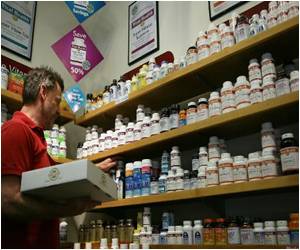In dermatology offices, the availability of free medication samples appears to change prescribing practices for acne, a common condition for which free samples are often available.

The authors investigated prescribing practices for acne vulgaris and rosacea. Data for the study were obtained from a nationally representative sample of dermatologists in the National Disease and Therapeutic Index (NDTI), a survey of office-based U.S. physicians, and from an academic medical center where free drug samples were not available.
Branded and branded generic drugs (products that have novel dosage forms of off-patent products or use a trade name for a molecule that is off patent) accounted for 79 percent of the prescriptions written nationally by dermatologists compared with 17 percent at an academic medical center without samples. The average total retail cost of prescriptions at an office visit for acne was estimated to be twice as high ($465) nationally compared with about $200 at an academic medical center without samples.
"Free drug samples can alter the prescribing habits of physicians away from the use of less expensive generic medications. The benefits of free samples in dermatology must be weighed against potential negative effects on prescribing behavior and prescription costs."
Michael P. Hurley, M.S., and colleagues from the Stanford University School of Medicine, California.
(JAMA Dermatology. Published online April 16, 2014. doi:10.1001/jamadermatol.2013.9715. Available pre-embargo to the media at http://media.jamanetwork.com.)
Advertisement
Editorial: Drug Samples in Dermatology
Advertisement
"Hurley et al conclude their article by calling for policies to 'properly mitigate' the 'inappropriate influence on prescribing patterns.' We agree, and furthermore call on our own profession's leaders to help dermatologists recognize the lack of evidence of benefit from samples and the substantial evidence of harm to patients and the health care system," they continue.
"Our specialty should take a strong, united stance discouraging physicians from dispensing free drug samples in any form, including topical medications," they conclude.
(JAMA Dermatology. Published online April 16, 2014. doi:10.1001/jamadermatol.2013.9711. Available pre-embargo to the media at http://media.jamanetwork.com.)
Editor's Note: Authors made a conflict of interest disclosures. A funding/support disclosure also was made. Please see the article for additional information, including other authors, author contributions and affiliations, financial disclosures, funding and support, etc.
Source-Eurekalert










